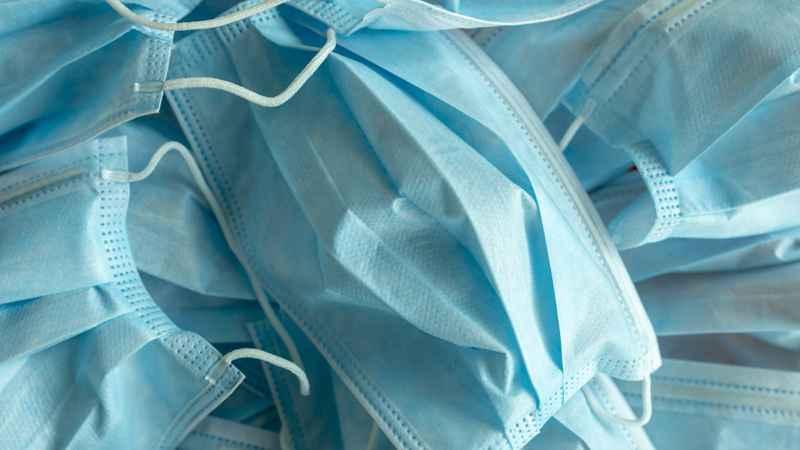San Francisco Bay Area to drop some indoor mask mandates

[Getty Images]
Indoor masking requirements in the San Francisco Bay Area will be eased for certain indoor public settings, including offices, gyms, college classrooms and churches, once counties reach low COVID-19 case and hospitalization rates and at least 80% of the total population is fully vaccinated, officials announced Thursday.
The Bay Area, with among the highest vaccination rates and lowest case rates in the nation, has been cautious during the pandemic, when counties throughout the region issued the nation’s first stay-home order in March 2020.
After lifting some restrictions in the spring, public health officials in San Francisco, Marin, Napa, Sonoma, Contra Costa, Alameda, Santa Clara and San Mateo reinstated an indoor mask mandate in August as COVID-19 infections surged because of the highly contagious delta variant.
Cases have declined since then in the Bay Area, and officials have now agreed to start lifting mask mandates in some public spaces as of Oct. 15. It will be up to each county to determine its own mask rules.
"Indoor masking has helped to lower case counts, hospitalizations and COVID-19 deaths, so we don’t want to remove this important layer of COVID prevention too hastily," said Santa Clara Health Officer Dr. Sara Cody in a statement. "These regional metrics will help keep our community safe, and ensure that our case rates are low and stable, our hospitals are in good shape, and vaccination rates are robust."
In San Francisco, where 75% of the entire population is fully vaccinated, patrons of a wide array of businesses are required to show proof of full vaccination, including offices, gyms and college classrooms. Mayor London Breed’s office said Thursday that mask requirements will be eased for those and other settings with fewer than 100 people, as long as everyone can prove they are vaccinated, the place is well ventilated and no children under 12 are present.
Patrons at bars and restaurants must still wear a mask inside, regardless of vaccination status, unless they are eating or drinking, Breed said. The mayor last month was seen on video mask-less at a nightclub, in violation of the rules, and later told reporters that she didn’t think it was reasonable to ask patrons to wear masks except when eating or drinking.
"Make sure you are vaccinated because of the requirements but don’t feel as though you have to be micromanaged about mask wearing. We don’t need the fun police to come in and tell us what we should or shouldn’t be doing," she later said.
Indoor masking will also continue to be required at retail stores and other shared indoor places such as common areas like elevators, lobbies and restrooms, where people from different workplace settings could interact.
"This is an important step forward for San Francisco, particularly for our downtown, because when I talk to office workers and business leaders one of the things I continue to hear is that they’re anxious to get back to a more normal routine at work where they can interact with their colleagues," Breed said in a statement.
State and federal rules still require masks to be worn on public transportation, in health care facilities, in adult and senior care facilities and at K-12 schools.